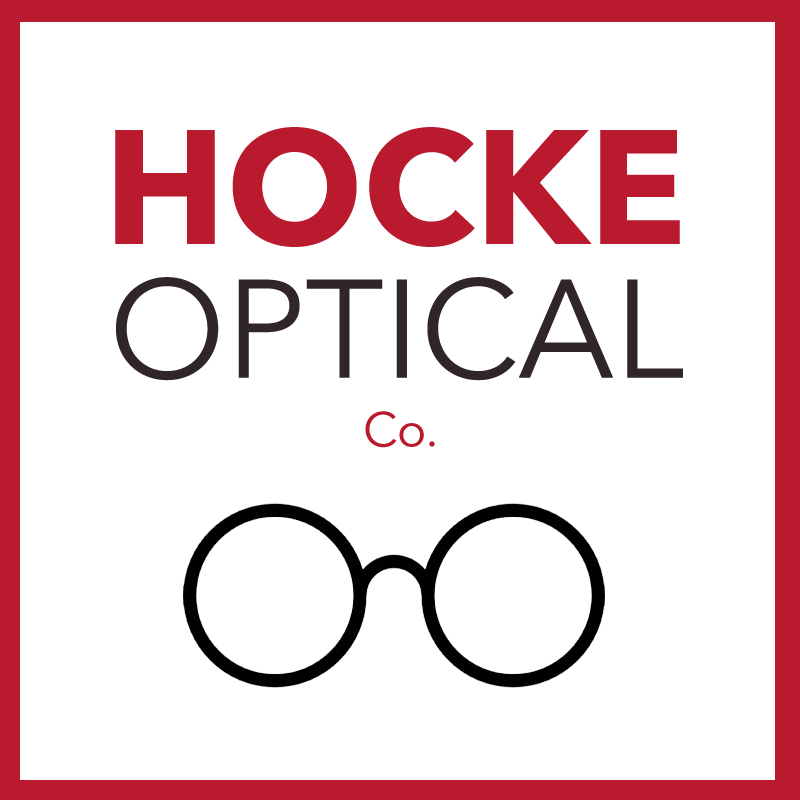Be careful.
Every day, we see people old and young all seeming to be reliant on today’s technology and electronic devices. It is not outside the norm to see a 3-year-old playing on a smartphone or a tenured businessman glued to his laptop screen for hours each week.
We all use technology to make things easier in our day to day, but have you ever considered the consequences of starting at a phone or computer screen for hours on end every single day? In doing so, you’re exposing yourself to the potentially harmful rays of bluelight.
So What Is Bluelight?
Remember back to grade school when you learned the colors of light? Maybe this was the first time you used the acronym ROY G BIV. If you remember, not all colors of light have the same purpose to effects. Blue wavelengths known as bluelight—which have short wavelengths and high energy—seem to be the most disruptive to our health at night. And the increase of electronics with screens is raising our exposure to blue wavelengths. These shorter wavelengths flicker, creating a glare that can reduce visual contrast and alter sharpness and accuracy in your sight. Remember back to grade school when you learned the colors of light? Maybe this was the first time you used the acronym ROY G BIV. If you remember, not all colors of light have the same purpose to effects. Blue wavelengths known as bluelight—which have short wavelengths and high energy—seem to be the most disruptive to our health at night. And the increase of electronics with screens is raising our exposure to blue wavelengths. These shorter wavelengths flicker, creating a glare that can reduce visual contrast and alter sharpness and accuracy in your sight.
Chronic exposure to blue light can disturbs your circadian rhythm
Why Is It Dangerous?
Like anything, moderation is key. Most of us spend the majority of our waking hours staring at a digital screen. A recent study suggests that 60% of people spend more than 6 hours a day in front of a digital device. These numbers only seem to be increasing with each generation. The effects of prolonged exposure to blue light may cause retinal damage and contribute to age-related macular degeneration, which can lead to loss of vision. Chronic exposure to blue light can also lower the production of melatonin, the hormone that manages sleep and disturbs your circadian rhythm.
So How Can I Protect Myself?
We all need to take precautions against bluelight to ensure overall health. There are easy ways to take action and control your exposure to bluelight. One easy way to avoid bluelight that is especially harmful at night is to avoid looking at bright screens beginning two to three hours before bed. Another easy way to minimize your exposure to bluelight is to use dim red lights for night lights. Red light has the least power to shift the circadian rhythm and suppress melatonin, allowing you to sleep better and protect your eyes. For anyone exposing themselves to bluelight, consider wearing blue-blocking glasses.
If you are interested in glasses that block blue light or want to get fitted for your own custom pair, contact Hocke Optical and take charge of your optical health.




